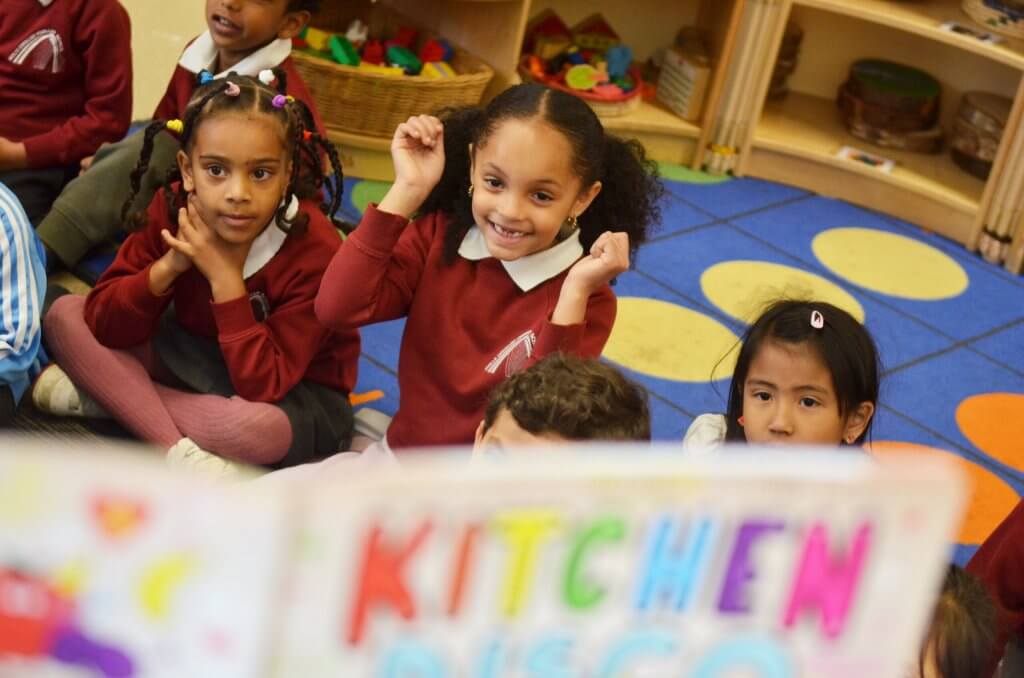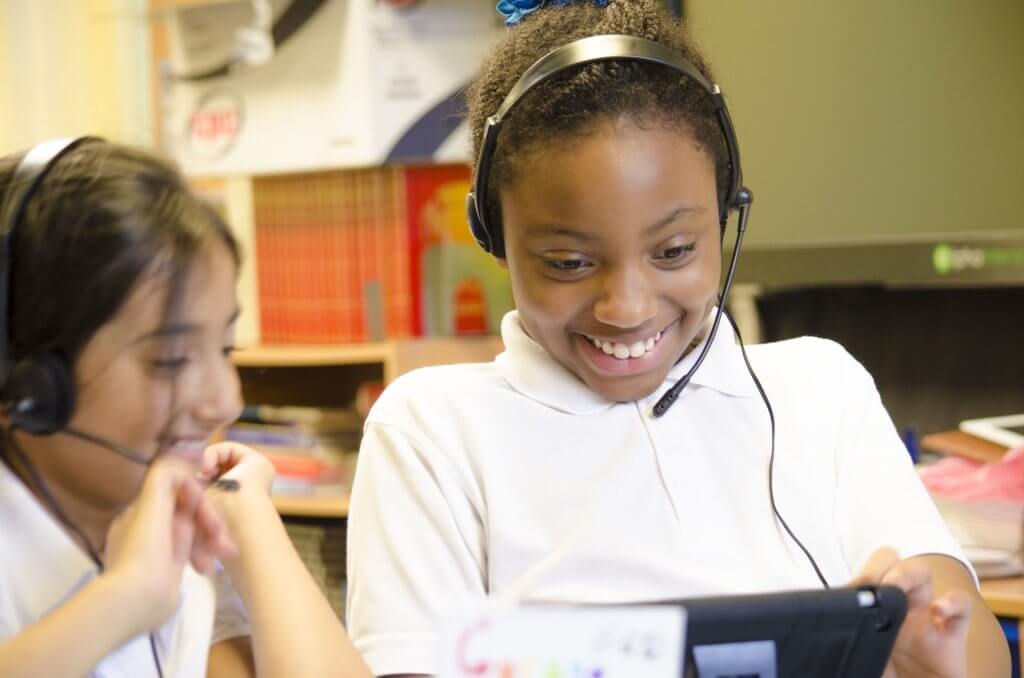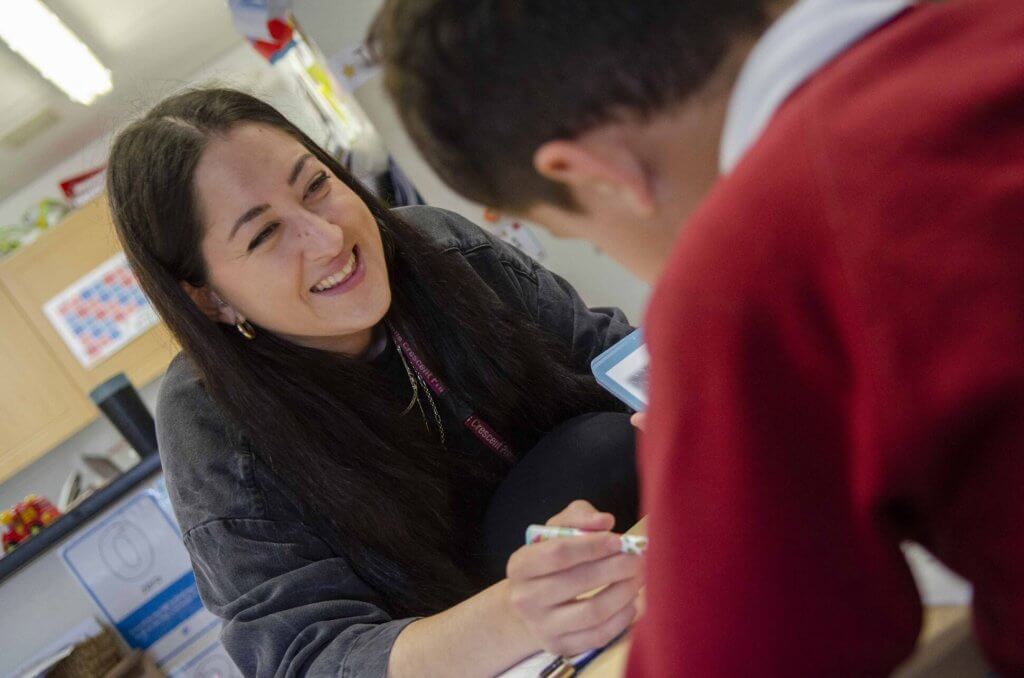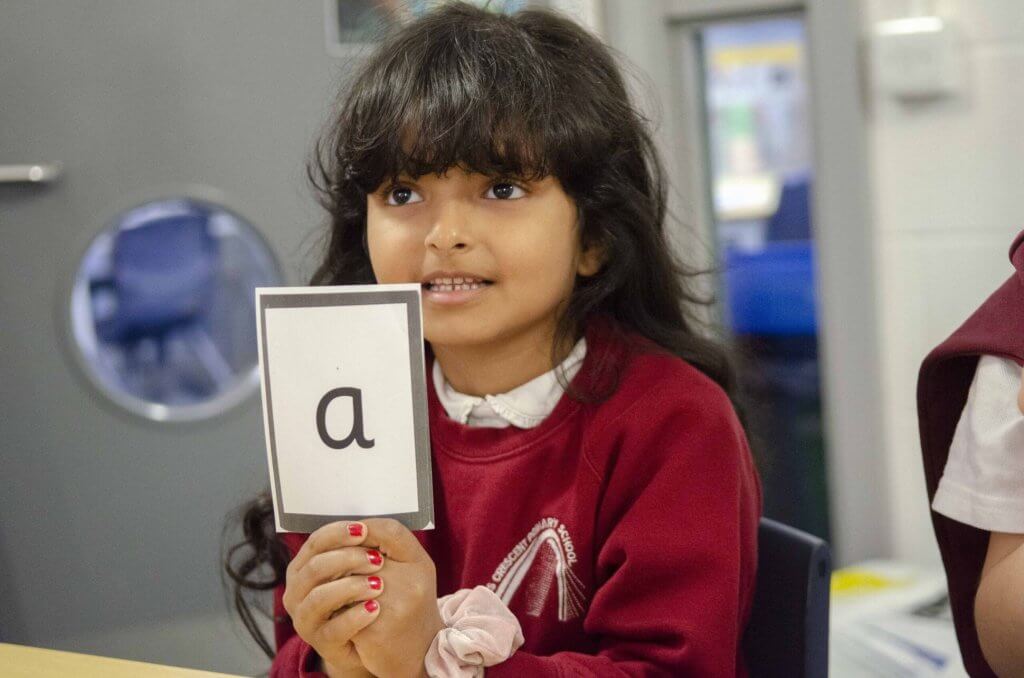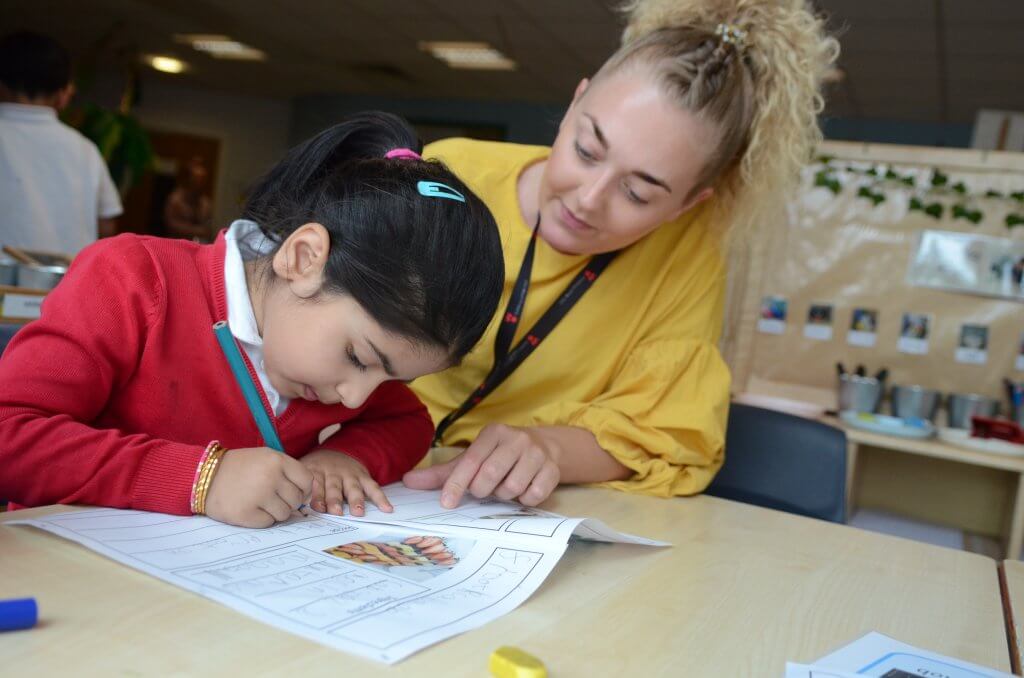A blog written by Music Teacher, Matt Burke.
How the world has changed in such a short space of time, with the economic hardship and human loss we have seen the world over, as the COVID-19 pandemic has unfolded. Through national lockdowns and other social restrictions, circumstances have demanded huge changes in how we all live and work. As educators, we have had to adapt quickly and creatively to fulfil our duties of continuing to provide essential education for our pupils, and I am sharing some of my thoughts and personal experiences of navigating through this extraordinary time.
My teaching through One Education is varied. It includes both individual and group tuition, and the directing of several ensembles in our music centres. The shift to delivering tuition online happened very quickly, and in one sense I was in a strong position. As a musician, I do a fair amount of session work and over the last few years, have been building up a little studio at home from where I can record remotely and do various other music production tasks, so I was no stranger to working remotely and delivering work that way. However, I had done very little actual teaching this way, so despite being quite literate with getting things up and running in a technical sense, I was in the same boat as everyone else in my experience of delivering my teaching timetable online.
Despite my technical head start, I still encountered a multitude of issues whilst getting up and running. Choosing the appropriate platform, keeping in line with each of my schools’ individual protocols, ensuring every interaction conformed with GDPR and child protection guidelines, scheduling new times to accommodate the needs of those pupils still attending school in person, guiding parents and pupils through technical issues, the list goes on and on. Throughout the process, I tried to share with colleagues any tips, tricks and solutions, as I was aware that there were plenty of workmates struggling through the same issues. In fact, our sharing of good practice with each other has been a real lifeline for many of us at One Education. This, in hindsight, is one of the major advantages that has come out from all this – that we all are now a little freer in contacting each other, and supporting each other.
Getting more specific, I have come to favour Zoom as my platform of choice. Despite the obvious disadvantage of the 40-minute limit on meetings with more than 2 people, I have found the audio quality and general experience to be consistently better than other platforms I’ve used. It takes some setting up though, to get the app out of its default settings, settings that run algorithms on the audio streams for echo and noise cancellation. All those things are great when you are using only speech to communicate, but to the ‘ears’ of such an algorithm, a constant long note is read as noise and will be cut out or attenuated, resulting in uneven audio quality at best, to totally unusable at worst, for musical purposes. Once set up correctly though, I have found my online teaching experience to run quite smoothly, most of the time. Of course, one can have the greatest audio setup in the world, but the experience is only as good as both persons’ setups, and an unstable internet connection, and/or bad quality equipment from your pupils’ side, is a compromise we just have to try to work around.
Once we got past the initial teething issues, both me and my pupils found ourselves getting into a nice, yet different, routine. For me, alongside all the difficulties, there have been many advantages to report as well. One of them is flexibility. It has been rather liberating to be able to negotiate more convenient times between me and my pupils, and I have been able to develop a more involved relationship with parents too, which has been lovely. Many of my pupils have made more progress during lockdown than they were making in face-to-face lessons in school. This could be down to several factors, including them having more time to practise, parents being more proactive in persuading their children to practise, (having sat in on some of their lessons and heard what is expected of them). Some of my pupils have really thrown themselves into practising during lockdown.
There’s been some rather interesting revelations too, some of which have involved me changing the ways in which I fundamentally deliver my teaching. Given that the idea of playing ‘together’, in an ensemble sense, is impossible online, my pupils have had to play and work things out on their own a lot more than they used to. When I teach face-to-face, I am very much a hands-on ‘playing’ teacher, in that I play alongside my pupils a lot, sometimes ‘dragging’ them through sections of pieces, in an attempt to encourage them to play from point A to point B without stopping – something we know less experienced players get hung up on, if left to play alone. Some of these students, if left to their own devices, will stop every time they make a mistake. I think in hindsight though, I may have been ‘helping’ some of my pupils out a bit too much, playing alongside them so much during lessons, but possibly leaving them feeling a little incapable when at home on their own. With this new way of working, almost all of my pupils’ playing is them attempting things entirely off their own back now, and it seems that for some, that has really been of benefit to them. I must admit to really missing playing duets though! But, these experiences have certainly informed, in a positive sense, the way in which I will teach once we return to delivering face-to-face lessons again.
Moving from individual lessons to group and ensemble teaching, my methods have had to change even more drastically. I have to admit, I was sceptical, and even a bit fearful of having to deliver full ensemble rehearsals online initially. A year on, and I still can’t say it’s an easy task by any stretch, but I’ve found a way of doing things for now, that works for both me and my pupils. Given that any sense of ‘ensemble’ playing is pretty much out of the question when delivering online rehearsals for large groups, I’ve come to use the technology to my advantage in some ways, and moved towards delivering an adapted version of a rehearsal online.
I have things set up so I can play any sort of backing track, one-way to the participants. I can use this during warm-ups, where I play a groove or beat, then play simple call and response phrases to them which they can then play back, developing musical memory, scales, articulation, or whatever aspect I’m focussing on. Of course, what comes back to me from them arrives late, naturally, but from their vantage point, they still get the feeling of playing alongside me and/or some music, despite them not playing along with others. Assessment is virtually impossible though as I couldn’t even begin to decipher the eager, yet distorted cacophony that comes back through my headphones! Still, they can have a perfectly good attempt at what is offered to them, which is the main thing. This kind of set up works for rehearsing pieces as well, if I have a recording of the work available to me. I can play sections, and get the band to play along to that audio. I can slow down or speed up those excerpts, and then open up the floor for individuals to raise any problems they may have had. There is a nice sense of togetherness in our sessions, where pupils are all happy to play to, and listen to each other individually. Of course, another advantage of delivering everything online is that everyone now gets access to the music and any accompanying backing tracks easily, so they can practise more effectively in their own time.
Besides just playing our instruments, I have now incorporated more listening and discussions about music in our rehearsals. Having the children choose music for the group to listen to is great and can easily be done through video sharing online. We also do quizzes and other little fun diversions, something we never did beforehand.
A lovely highlight for us was the collaborative video we made just before Christmas, of Tchaikovsky’s Russian Dance from The Nutcracker Suite. It was quite a learning curve for everyone involved, but we managed it and the results were amazing! The pupils, parents and staff alike were wowed by the end result and we are planning another project for May this year.
Looking back over the past year, we have done a lot more than just tried to continue ‘teaching music’. We have been a much-needed creative diversion for our children, who have had to endure and struggle through this tremendously difficult time, without the vital social contact that really defines their lives at this stage of growing up. I am so proud of their continued dedication and their uncanny ability to adapt to such changing and challenging circumstances. We should all be proud of ourselves too, for doing what we do best – nurturing and educating our young people, despite the stark restrictions that have been upon us.

